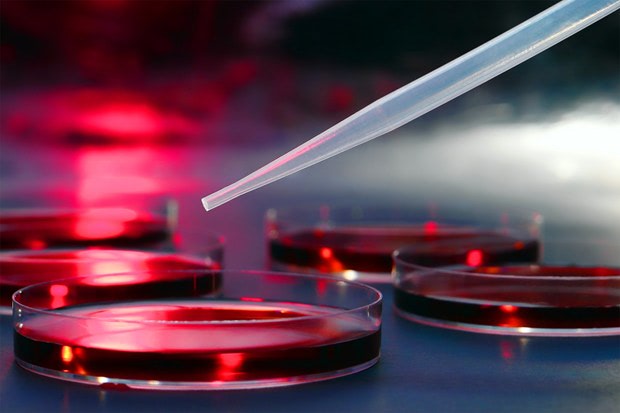Climate change is one of the biggest challenges of today and various scenarios, ranging from artificial trees, pollution trading, co2 capturing to geo-engineering, have been proposed to cope with planetary heating. Most of these existing strategies, however, focus on the altering our environment, but as global warming is inflicted by people, why not start at the root of the issue and change humanity itself to cope with climate change?
Recently New York University bioethics professor S Matthew Liao published a paper (PDF) in Ethics, Policy and the Environment arguing that one way to tackle the challenges of a rise in energy use is to modify humanity to simply use less energy.
The researchers argue biomedical modifications of humans so that they can reduce and/or adapt to climate change is potentially less risky than geo-engineering. They suggests a range of ways to achieve this, from creating an aversion to meat by giving diners a mild intolerance to it, to using gene therapy to create smaller children.
Although eugenics, the deliberate "improvement" of the genetic composition of people, has been in disfavor since its mid-20th century association with Nazi Germany, the researchers argue it "deserves further consideration in the debate about climate change". Apparently radical problems require radical measures? Certainly next nature causes more next nature.
Via Wired. Download the entire paper (PDF)

Share your thoughts and join the technology debate!
Be the first to comment